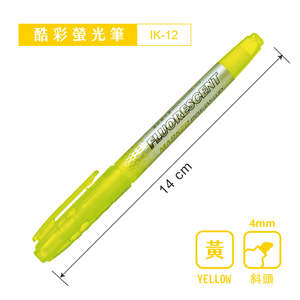目錄
General Editors' Preface
Author's Acknowledgements
Introduction
Section h What is autonomy?
The history of autonomy in language learning
Origins of the concept
Autonomy and self-access
Autonomy and learner training
Autonomy and individualisation
Autonomy and interdependence
Why autonomy? Why now?
The two faces of autonomy
Autonomy beyond the field of language education
Educational reform
Adult education
The psychology of learning
Political philosophy
Defining and describing autonomy
Levels of control
Measuring autonomy
Autonomy and culture
Control as a natural attribute of learning
Self-management in learning
Learner agendas in the classroom
Control of psychological factors influencing learning
The seeds of autonomy
Levels of control
Control over learning management
Control over cognitive processes
Control over learning content
Conclusion
Section II: Autonomy in practice
Fostering autonomy
Resource-based approaches
Self-access
Self-instruction and distance learning
The effectiveness of resource-based learning
Technology-based approaches
Computer-assisted language learning
The Internet
The effectiveness of technology-based approaches
Learner-based approaches
Learner development and language learning
Learner development and autonomy
The effectiveness of learner-based approaches
Classroom-based approaches
Planning classroom learning
Evaluating classroom learning
The nature of control in the classroom
The effectiveness of classroom-based approaches
Curriculum-based approaches
The process syllabus
Examples of curriculum-based approaches
The effectiveness of curriculum-based approaches
Teacher-based approaches
Teacher roles
Teacher autonomy
The effectiveness of teacher-based approaches
Conclusion
Section III : Researching Autonomy
Research methods and key areas of research
Action research
Key areas of research
Case studies
Case study: ethnicity and attitudes towards autonomy
Case study: out-of-class learning
Case study: reflection
Case study: decision making in the process syllabus
Case study : language acquisition in autonomous
classrooms
Case study: developing autonomy
Conclusion
Section IV: Resources
Resources for research and practice
Books, journals and newsletters
Conferences and workshops
Professional associations
E-mail lists
Web sites
Bibliographies
Self-access centres
References
Index
General Editors' Preface
Author's Acknowledgements
Introduction
Section h What is autonomy?
The history of autonomy in language learning
Origins of the concept
Autonomy and self-access
Autonomy and learner training
Autonomy and individualisation
Autonomy and interdependence
Why autonomy? Why now?
The two faces of autonomy
Autonomy beyond the field of language education
Educational reform
Adult education
The psychology of learning
Political philosophy
Defining and describing auto...
購物須知
退換貨說明:
會員均享有10天的商品猶豫期(含例假日)。若您欲辦理退換貨,請於取得該商品10日內寄回。
辦理退換貨時,請保持商品全新狀態與完整包裝(商品本身、贈品、贈票、附件、內外包裝、保證書、隨貨文件等)一併寄回。若退回商品無法回復原狀者,可能影響退換貨權利之行使或須負擔部分費用。
訂購本商品前請務必詳閱退換貨原則。
 收藏
收藏

 二手徵求有驚喜
二手徵求有驚喜




 收藏
收藏

 二手徵求有驚喜
二手徵求有驚喜














